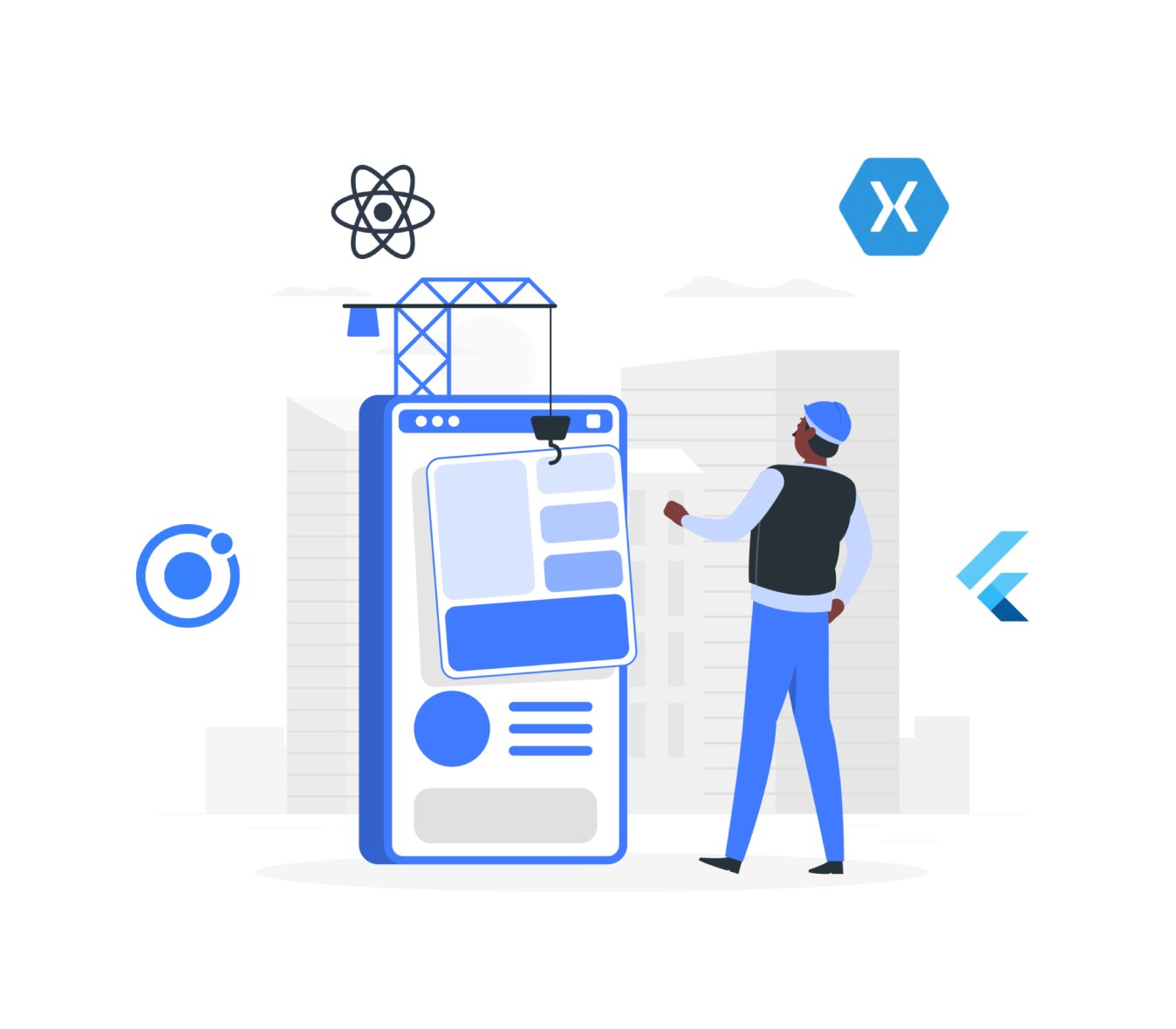When we think about the future, it often evokes a sense of uncertainty and even anxiety. However, those who are able to face the unknown with a clear vision tend to navigate it more effectively. One of the key ways to transform uncertainty into opportunity is by developing a robust future plan. This roadmap helps to set goals, prioritize actions, and stay focused on long-term objectives, no matter how unpredictable the world may be. In this article, we will explore the importance of having a future plan and how you can create one to ensure you are prepared for whatever lies ahead.
Why a Future Plan is Essential
A future plan serves as a guide to achieving your goals and dreams, both personal and professional. Without such a plan, it’s easy to drift through life, reacting to circumstances instead of proactively shaping your destiny. A well-thought-out future plan allows you to:
Set Clear Objectives: Having a roadmap allows you to identify where you want to go and what steps are required to get there.
Manage Time and Resources: When you know what your priorities are, you can better allocate time and resources to achieve your goals.
Adapt to Changes: The future is full of uncertainties, but having a plan in place can help you stay flexible and adapt when things don’t go as expected.
Stay Motivated: A concrete plan helps you track your progress and celebrate milestones, which keeps you motivated and on track.
Steps to Create an Effective Future Plan
Creating a future plan isn’t something that can be done overnight. It requires introspection, research, and a clear understanding of your goals. Here are some steps to help you design a future plan that will guide you toward success.
1. Define Your Vision
The first step in crafting a future plan is defining your vision. Ask yourself, “Where do I want to be in 5, 10, or 20 years?” Your vision should align with your personal values, aspirations, and interests. For example, you might envision becoming a leader in your field, traveling the world, or building a successful business. The clearer your vision, the easier it will be to break it down into actionable steps.
2. Set Specific, Measurable Goals
Once you have a broad vision in mind, it’s time to set specific, measurable goals. These are the milestones that will lead you toward your bigger vision. For instance, if your vision is to become a successful entrepreneur, your goals might include starting a business, reaching a revenue target, or expanding to international markets. Setting measurable goals ensures that you can track your progress and make necessary adjustments.
3. Break Down the Goals into Actionable Steps
A future plan is only effective if it includes concrete steps. Once your goals are established, break them down into smaller, actionable tasks. This makes the process less overwhelming and provides a clear pathway to follow. For example, if one of your goals is to start a business, your tasks could include conducting market research, developing a business plan, securing funding, and registering the business.
4. Identify Potential Obstacles and Solutions
No journey is without its challenges. A future plan should take into account potential obstacles and provide solutions for overcoming them. Consider what might stand in your way—whether it’s financial limitations, lack of experience, or external factors such as the economy—and plan how you will address these hurdles. Preparing for setbacks in advance will help you stay resilient and maintain your momentum.
5. Evaluate and Adjust Regularly
A future plan should not be static. As time goes on, circumstances may change, and new opportunities may arise. Regularly evaluating your progress and adjusting your plan will keep you on the right track. For example, if you set a goal to launch a product within a year but face delays, you might need to push back the timeline or adjust your strategy to accommodate new developments.
The Benefits of a Future Plan in Personal Growth
A future plan is not just about achieving external success; it also plays a critical role in personal development. As you work toward your goals, you will develop skills, knowledge, and resilience that will serve you for a lifetime. A future plan encourages growth in the following ways:
- Increased Focus: With a clear plan, it’s easier to stay focused and avoid distractions. You’ll spend less time wondering what to do next and more time taking purposeful action.
- Improved Decision-Making: Knowing your long-term goals helps you make better decisions in the short term. When faced with choices, you can evaluate them through the lens of your future plan.
- Greater Sense of Accomplishment: By setting and achieving smaller goals, you will feel a sense of accomplishment that boosts your confidence and motivates you to keep moving forward.
- Building Resilience: Developing a future plan allows you to anticipate challenges and setbacks, making you better prepared to bounce back when things don’t go as expected.
The Role of Flexibility in Your Future Plan
One of the most important aspects of a future plan is flexibility. Life is unpredictable, and no plan is ever perfect. External factors such as economic downturns, personal crises, or unforeseen opportunities may require you to adjust your approach. However, this doesn’t mean abandoning your future plan altogether. Instead, you can pivot, refine your strategy, or alter your timeline as needed. The ability to adapt while staying focused on your core vision is a sign of a strong, resilient plan.
For example, if you’re building a business and a new technology emerges that disrupts your industry, you may need to adjust your product or service offerings to remain competitive. Or if you’re pursuing higher education and encounter financial difficulties, you might find alternative funding options or temporarily scale back your coursework.
Future Plan and Career Growth
A future plan is particularly critical when it comes to career development. Without a roadmap, it’s easy to get stuck in the same position or lose sight of long-term aspirations. With a clear plan, you can set career milestones such as acquiring new skills, seeking promotions, or transitioning to a new industry. By regularly reassessing your goals and making adjustments, you can ensure that your career stays on track and aligned with your broader life objectives.
Conclusion: The Impact of a Future Plan on Your Life
A future plan is a tool that helps you take control of your life, transform your aspirations into achievable goals, and navigate the uncertainties that lie ahead. Whether you’re focusing on personal growth, career development, or financial stability, a future plan provides direction, motivation, and a sense of purpose. By setting clear goals, breaking them down into manageable steps, and being flexible in your approach, you can ensure that you’re prepared for whatever the future holds.
Remember, the future may be unpredictable, but with a solid plan in place, you can shape it into something extraordinary. Start today, and craft a future plan that will set you on the path to success. The power of planning lies in its ability to turn your vision into reality, step by step.



